Episodes

Tuesday Nov 21, 2017
Poetry, Praise, and "Pied Beauty" with Dr. Jason Baxter
Tuesday Nov 21, 2017
Tuesday Nov 21, 2017
Fr. Gerard Manley Hopkins, a Jesuit, was born in 1844 in Essex, England and died in 1889 in Dublin, Ireland. And while none of his poems were published during his lifetime, when they were published beginning in 1918, he was immediately heralded as one of the greatest poets of the Victorian Era.
Each year Wyoming Catholic College freshmen memorize, among other poems, Hopkin’s “Pied Beauty” and with him give thanks to God “for dappled things.”
Their enthusiastic, poetry-reciting professor is Dr. Jason Baxter who is our guest for this Thanksgiving edition of The After Dinner Scholar.
Wyoming Catholic College Poetry Anthology:
- “To an Athlete Dying Young,” A. E. Housman
- “On First Looking into Chapman’s Homer,” John Keats
- “God’s Grandeur,” Gerard Manley Hopkins
- “The world is too much with us,” William Wordsworth
- “Stopping by Woods on a Snowy Evening,” Robert Frost
- “What a piece of work is a man,” William Shakespeare
- Sonnet 116, William Shakespeare
- “Spring and Fall,” Gerard Manley Hopkins
- “Pied Beauty,” Gerard Manley Hopkins
- “Ozymandias,” Percy Shelly
- “To Lucasta, Going to the Wars,” Richard Lovelace
- Holy Sonnet XIV (“Batter my heart”), John Donne
- “Love III,” George Herbert
- General Prologue to The Canterbury Tales, Geoffrey Chaucer
- “The quality of mercy is not strained,” William Shakespeare
- “Sonnet 94,” William Shakespeare
- “For once then, Something,” Robert Frost
- “The Tyger,” William Blake
- “The Lake Isle of Innisfree,” William Butler Yeats
- “When you are old,” William Butler Yeats
- “Because I could not stop for death,” Emily Dickinson
- “Fire and Ice,” Robert Frost
- “The Second Coming,” William Butler Yeats
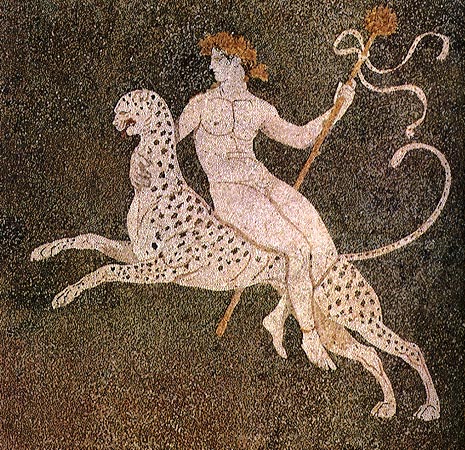
Tuesday Oct 10, 2017
Dionysus, Apollo, and the Challenge of Deep Knowing with Dr. Thaddeus Kozinski
Tuesday Oct 10, 2017
Tuesday Oct 10, 2017
“What is good?" asked Friedrich Nietzsche, "The Anti-Christ. Whatever augments the feeling of power, the will to power, power itself in man. What is evil? Whatever springs from weakness. What is happiness? The feeling that power increases—that resistance is overcome.”
Thus it seems curious that Sean Steel, a member of the education faculty at the University of Calgary, should use Nietzschean categories--the Dionysian, the Apollonian, the anti-Dionysian--to propose a rather congenial understanding of a good education.
The Wyoming Catholic College faculty read and discussed Steel’s article “Schooling for ‘Deep Knowing’” during a recent symposium. Our Academic Dean, Dr. Thaddeus Kozinski, led our discussion and is our guest on this week’s After Dinner Scholar.
Sean Steel's article, "Schooling for 'Deep Knowing'" can be found here.
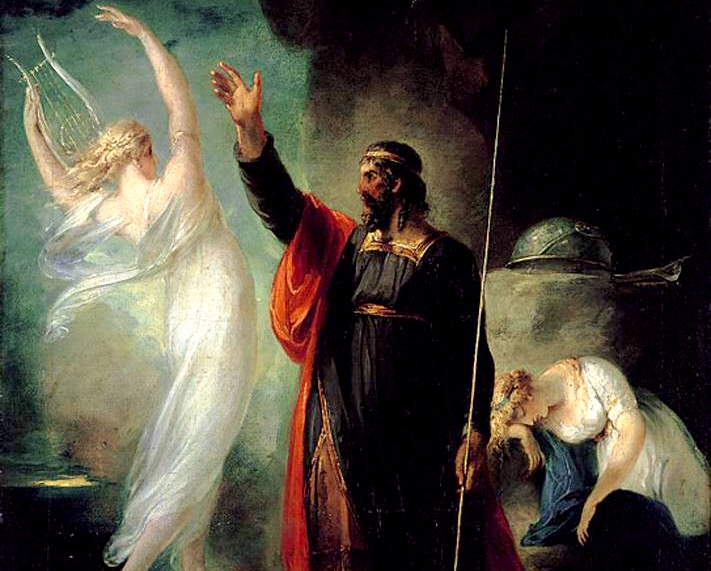
Tuesday Aug 08, 2017
Lecture: Prospero's Return by Dr. Glenn Arbery
Tuesday Aug 08, 2017
Tuesday Aug 08, 2017
In Shakespeare’s The Tempest, Prospero, the rightful Duke of Milan tells his daughter Miranda the tale of how his brother, Antonio, usurped his title and put him and Miranda in a leaky boat to perish at sea. Instead, “by providence divine” they landed on an island. There Prospero became a great and powerful magician able even to control the wind and the sea.
As a fleet of ships passes by, he conjures a storm and brings Antonio and his other enemies to his island.
The story of what happens next is the topic of Wyoming Catholic College President Glenn Arbery’s lecture on The Tempest at the 2017 Wyoming School of Catholic Thought. Here it is in its entirety.
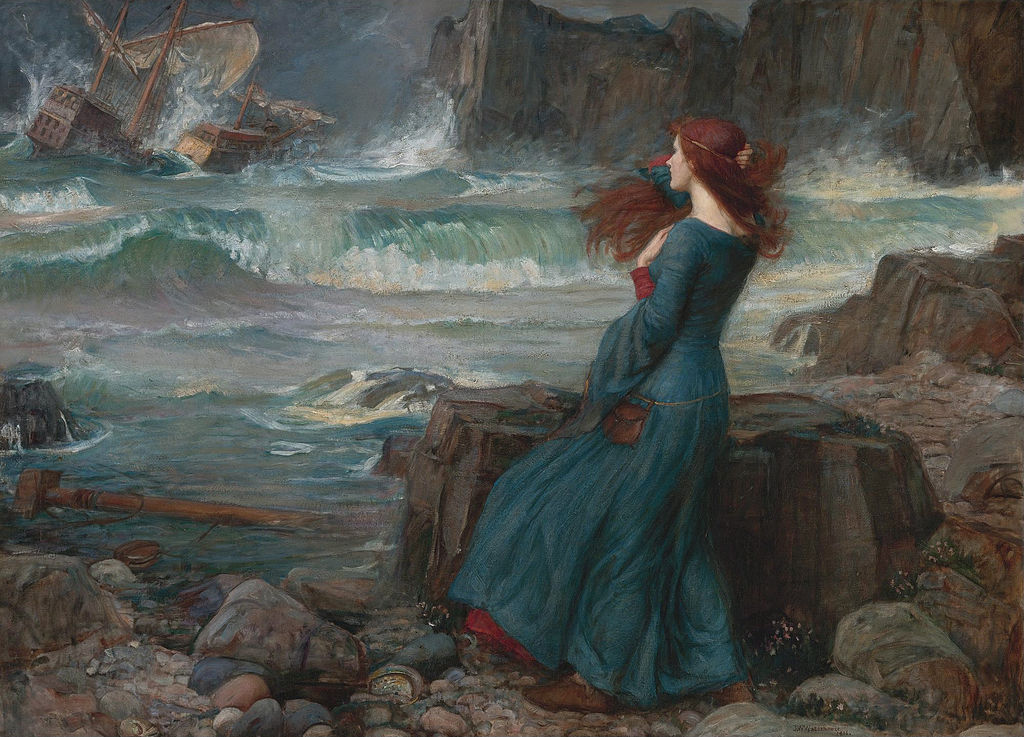
Tuesday Aug 08, 2017
Tuesday Aug 08, 2017
At the end of his life, William Shakespeare moved from what could be called his Tragedy period to his Romance period. While plays such as King Lear, Hamlet, and Macbeth end on stages strewn with dead bodies, the Romances including The Tempest end with the realization of hope beyond hope.
In such a world, Shakespeare imagined a great magician with immense power over the wind, the sea, and the lives of people including his enemies.
The Tempest, argues Wyoming Catholic College President Glenn Arbery, is the story of how the magician, Prospero, uses that power.
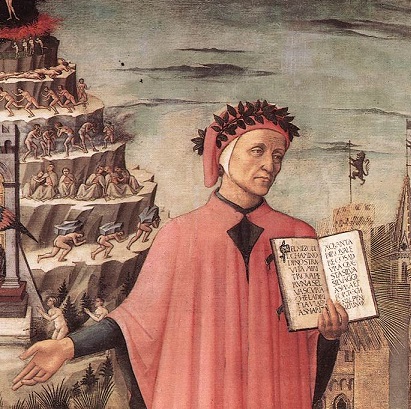
Tuesday Jul 18, 2017
Lecture: Dante's Exile by Dr. Jason Baxter
Tuesday Jul 18, 2017
Tuesday Jul 18, 2017
In Dante Alighieri Purgatorio, the second canticle of The Divine Comedy, Dante the pilgrim, finally cleansed from all sin and disordered love, reaches the Garden of Eden atop Mount Purgatory. And while there is more to his pilgrimage, his exile is at an end.
Wyoming Catholic College Associate Professor of Fine Arts and Humanities Dr. Jason Baxter discussed the return from that exile in Dante Alighieri at teh 2017 Wyoming School of Catholic Thought. Here is his lecture in its entirety.
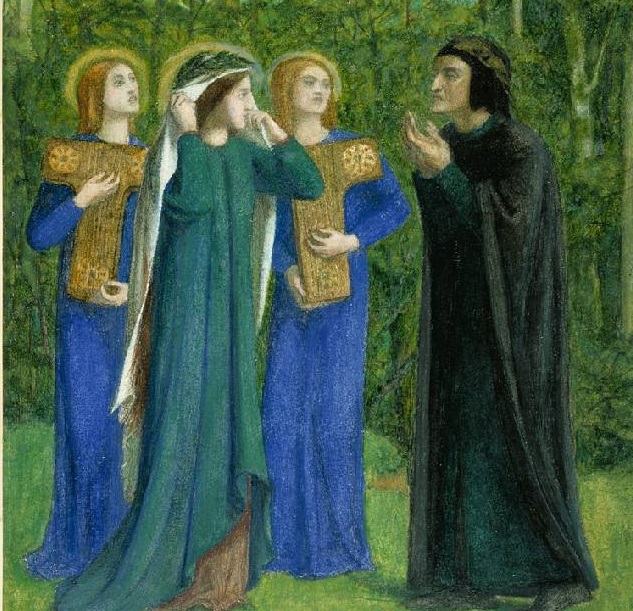
Tuesday Jul 18, 2017
The Garden of Eden and Dante's Return from Exile with Dr. Jason Baxter
Tuesday Jul 18, 2017
Tuesday Jul 18, 2017
In Dante Alighieri Purgatorio, the second canticle of The Divine Comedy, Dante the pilgrim, finally cleansed from all sin and disordered love, reaches the Garden of Eden atop Mount Purgatory. And while there is more to his pilgrimage, his exile is at an end.
Dr. Jason Baxter, Associate Professor of Fine Arts and Humanities here at Wyoming Catholic College discusses how the final Canti of Purgatorio describe the return from exile to sanity, to complete humanness, to purity of heart, to natural contemplation, and, with the arrival of Dante’s beloved Beatrice, to true love.
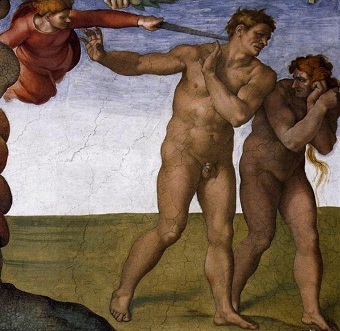
Tuesday Jun 27, 2017
Lecture: Exile from Eden by Dr. Glenn Arbery
Tuesday Jun 27, 2017
Tuesday Jun 27, 2017
This past June 11-15, Wyoming Catholic College held what will be the annual Wyoming School of Catholic Thought. Our topic was “The Splendor of Imagination: Returning from Exile.”
On the first evening of the school, Wyoming Catholic College President Glenn Arbery delivered this lecture on John Milton’s epic poem Paradise Lost. With it he introduced the topic of exile in the Fall and banishment of Adam and Eve.
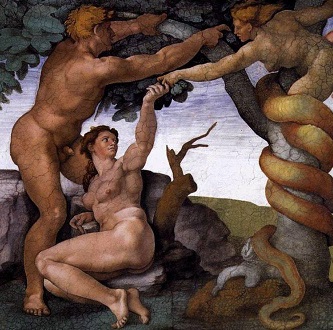
Tuesday Jun 27, 2017
John Milton's Paradise Lost and the Primal Exile with Dr. Glenn Arbery
Tuesday Jun 27, 2017
Tuesday Jun 27, 2017
In this world we find ourselves feeling alienated and in exile, looking for communion with others and a true home. The reason is what Dr. Glenn Arbery calls out "primal exile," the banishment from Paradise. In this podcast he summarizes his lecture "Exile from Eden" which is also available as a podcast.
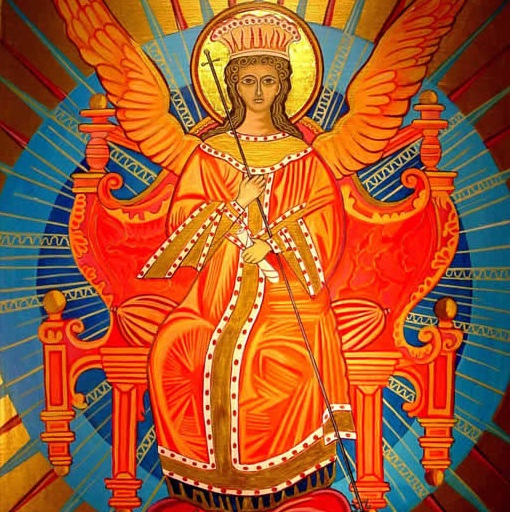
Tuesday May 23, 2017
The Book of Wisdom and the Path of Life with Dr. Kent Lasnoski
Tuesday May 23, 2017
Tuesday May 23, 2017
In St. Luke’s brief description of Jesus as a child, he emphasized that Jesus grew in wisdom. That is, Jesus not only learned the Scriptures, but went beyond learning information to learning how to live well under the good laws and just reign of God. In learning the Scriptures, Jesus would have read, studied, and memorized the sayings in the Old Testament wisdom books including the Book of Wisdom sometimes known as the Wisdom of Solomon.
Dr. Kent Lasnoski, Assistant Professor of Theology here at Wyoming Catholic College explains wisdom literature generally and the Book of Wisdom in particular.
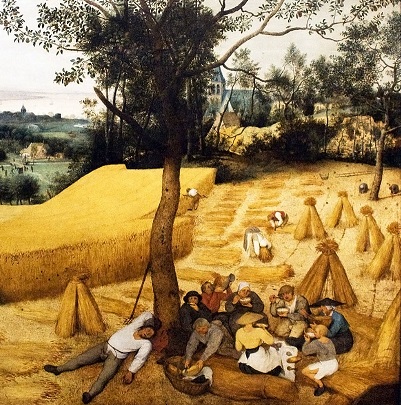
Tuesday Apr 25, 2017
The Splendor of Imagination with Dr. Glenn Arbery
Tuesday Apr 25, 2017
Tuesday Apr 25, 2017
Wyoming Catholic’s founding document, our “Philosophical Vision Statement,” talks a great deal about the imagination. “The College will,” it states, “seek to educate the whole person—the mind, heart, and imagination.”
Imagination is vital because it is the way we see the world around us, the way we image reality before we even think about it. As American humorist Mark Twain observed, “You can’t depend on your eyes when your imagination is out of focus.” Fortunately our imaginations are not fixed, but can be properly focused for the good through worship, through study and community, and through encountering the beauty and power of Creation.
To talk about imagination and how we form Catholic imaginations in ourselves, in our students, and in our children, we have with us Dr. Glenn Arbery, President of Wyoming Catholic College.

